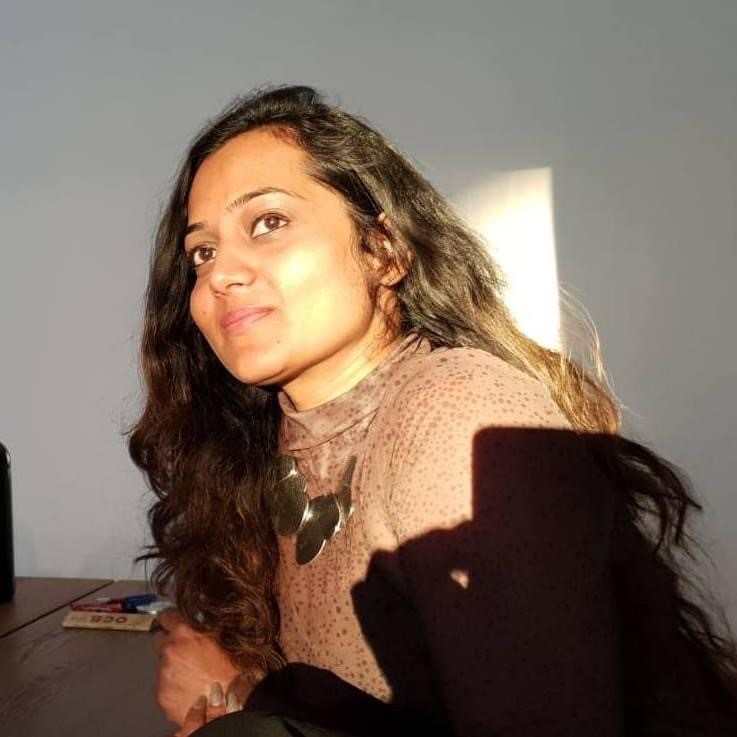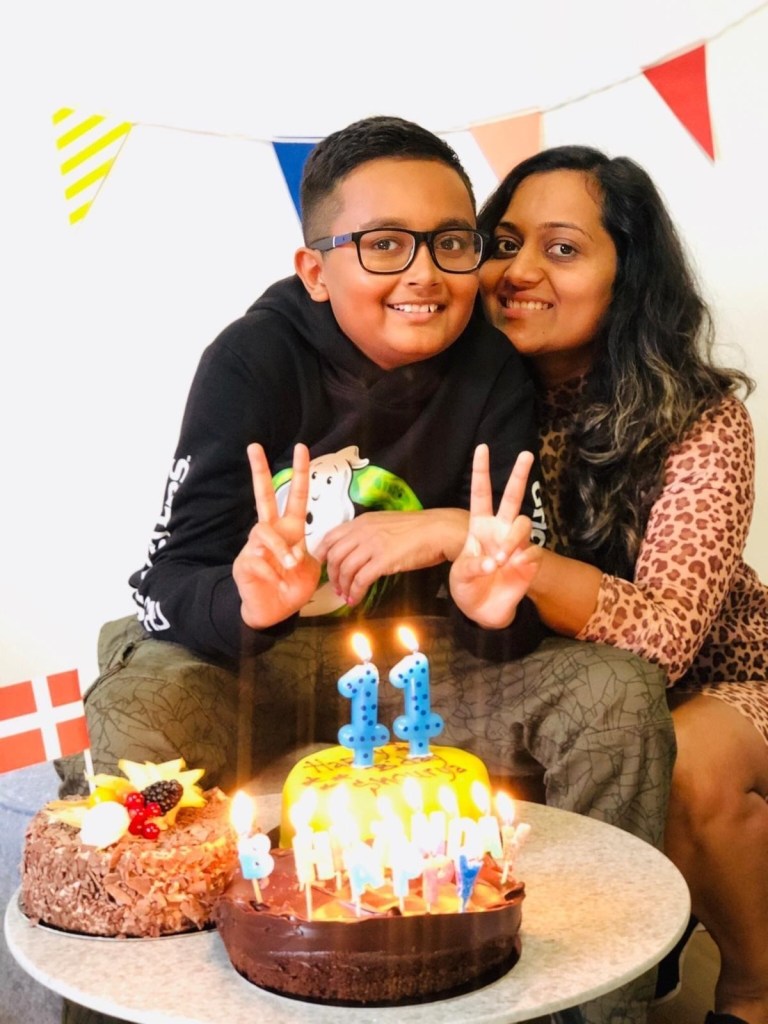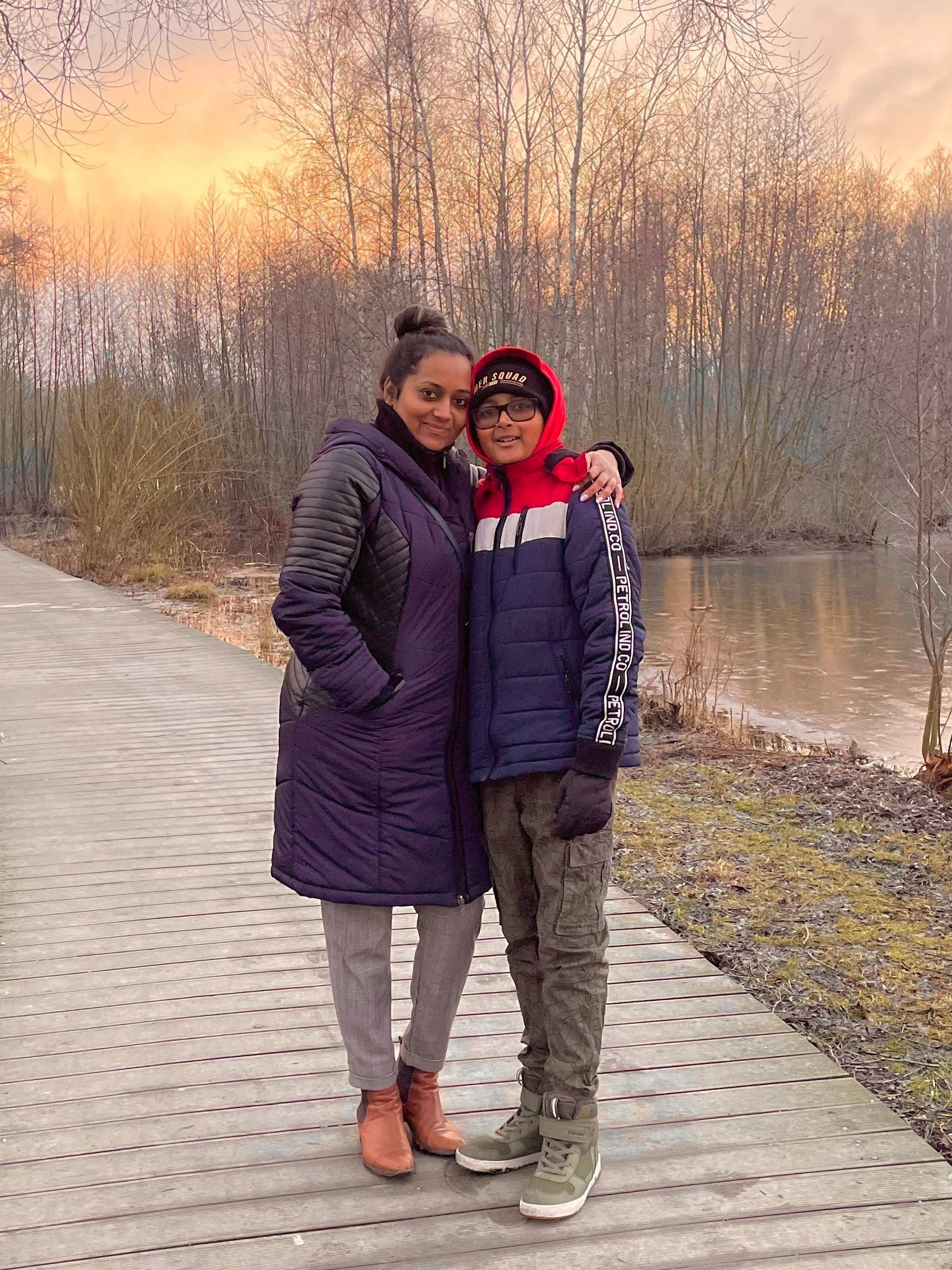Whether it’s parenting during a pandemic or helping her globally distributed team transition to working entirely from home, the last year has offered no shortage of challenges for Kirti Bhogle. But thanks in part to Radiometer’s supportive culture, she and her colleagues have been able to take those challenges in stride. Below, Kirti shares what drew her to the company, what she’s learned as a manager during COVID-19, and what she’s excited about in the years to come.

What do you do at Radiometer?
I’m a manager in the software department of our Research & Development organization; we work on developing new medical and in-vitro devices. It’s my job to plan projects and establish the process we’ll follow, then keep things on track for release. That includes a lot of stakeholder communication—collaborating closely with our colleagues on the hardware side in Electronics, Mechanics, Chemistry, Compliance, and QA to understand what they need, and then translating those requirements at the product level. Because Radiometer makes diagnostic equipment and other devices used to treat patients, we must meet precise standards. We can build in all kinds of fancy functionality, but it won’t matter if it doesn’t meet regulations or keep people safe.
From there, my job is really about mentoring my team and helping them execute, whether that’s giving them clarity on a task or just asking if they have any hiccups and removing impediments to their work. We have close to two dozen people, half here in Denmark and half in Bangalore, India, where Radiometer has a development center, and we also sometimes interface with a project team in San Diego at SenDx, which is another one of Danaher’s businesses under Radiometer America.
Tell us about your background and why you joined the team.
I studied computer applications in India, where I’m from, and after I finished my master’s I started working for a consultancy there, managing a team that worked for various clients. One of those clients was based in Denmark, and I ended up moving here for a year to work on a project. They asked me to stay as an employee, but I wanted to go back home and start a family.
I did, and my son was born in 2009, but it was tough—I was working 12 to 14 hours every day, and I felt like I wasn’t giving him enough time. I knew from living in Denmark that the norms around work-life balance were very different, so I got in touch with the company I’d been at before, and they offered me a position. I worked there for several years, and then Radiometer reached out. At the time, they were just starting to build the distributed team in both Denmark and India, and they thought I might be a good fit.
It was a completely new domain for me; I’d never worked in medical devices. As I learned about the product, I was intrigued. I remembered having to get blood tests when I was pregnant, and how critical it was that those results were correct. I liked the idea of being able to contribute to that process in some way and make a difference.




What’s learning and development like at Danaher—especially when you’re new?
I feel like the company has really invested in not just what I need to complete a project, but my own personal development. When I joined, there was a well-defined onboarding plan, and it was customized to my background. I had a lot of mentoring from not only my own manager but the specialists we work with in project management and compliance. And the guidance went beyond just a few hours of training—it was continuous support until I felt completely confident on my own. There are also a lot of opportunities to learn new tools and skills here, not only through the Danaher Business System but externally as well. For example, when we decided to implement a SAFe workflow, which stands for scaled agile framework, I was able to get certified and do a six-day training.
I started at Radiometer as a project manager, and I’ve also had a lot of support moving into my current role—even in terms of deciding whether I wanted it at all. My boss and the management team thought I could succeed in a people management role, but they didn’t push or just throw me into it. We talked about what it would take, the challenges I’d face, and the training I’d need, especially managing a team that’s located all over the world. I decided to go for it, and now I’ve brought on my first new team member and we’re in talks about expanding the team further.
Tell us about some of your challenges.
One that comes to mind is shifting from a kanban workflow to a scrum-based system, and then to SAFe. That was a couple of years ago, when I was in the project manager role, and there were a lot of reservations at first. We have a wide variety of experience on our team, including some associates who have been with Radiometer for decades and were used to a certain process. Plus, we were on a deadline to deliver a project, so people worried about changing the process and structure.
I think what really helped was the message from management that it was okay to fail. My manager was very much an ambassador for SAFe, but we still framed it as something we’d try for one release. If it succeeded, we’d expand from there. And that’s exactly what happened—we established the foundation, and the rest of the department is now making the same transition.
Another challenge has been bridging the cultural gap in terms of geography. Here in Denmark, people tend to be quite upfront, whereas in India, people might not argue with someone more senior to them out of respect, even if they don’t actually fully agree. And of course, we all have different personalities, which can also create communication gaps. I remember we did an interesting exercise during a team-building workshop—we gave everyone the same sentence, and then each of us shared how we interpreted it. Our answers were so different! I think experiences like that have helped us open up a bit to understand and celebrate our differences. Before the COVID-19 outbreak, we also made sure to travel at least once per quarter; the team in Copenhagen would visit the team in India, or vice versa. We also had a company-sponsored “ONE team” event in Dubai for a week, where both teams participated. That time being face-to-face and solving problems together is so important.

What’s different about leading a distributed team during COVID-19?
The pandemic has definitely prompted me to adjust my leadership approach. Some of it is logistical, like arranging for shipping when an associate needs physical access to a device, but most of it is just making sure people have support. Some of our team members have very young kids, or kids at home who would normally be at school, and they might need more flexibility around when they work. Trust is important; it’s my job as a manager to set expectations, but I don’t want to pressure people to do exactly what I would do or to keep certain hours.
We in the management team have also tried to put some extra effort towards knowing the temperature of the team, whether people are feeling stressed—and making sure they feel comfortable speaking up. That can be tougher not only because we’re missing our quarterly visits, but because even those of us who usually work in the same place haven’t seen each other for so long. But we do our daily stand-ups on video, and if I notice someone more introverted seems uncomfortable raising an issue with the full team, I’ll bring it up during their one-on-one and see how I can help.
What are you looking forward to right now?
Beyond the opportunity for things to open up so we can all get together again, we have a release coming up near the end of the year that will be a major milestone for our team. We’re working toward rolling out a new generation product in 2024, and this is the step that will set us up for the next two years.

Leave a Reply